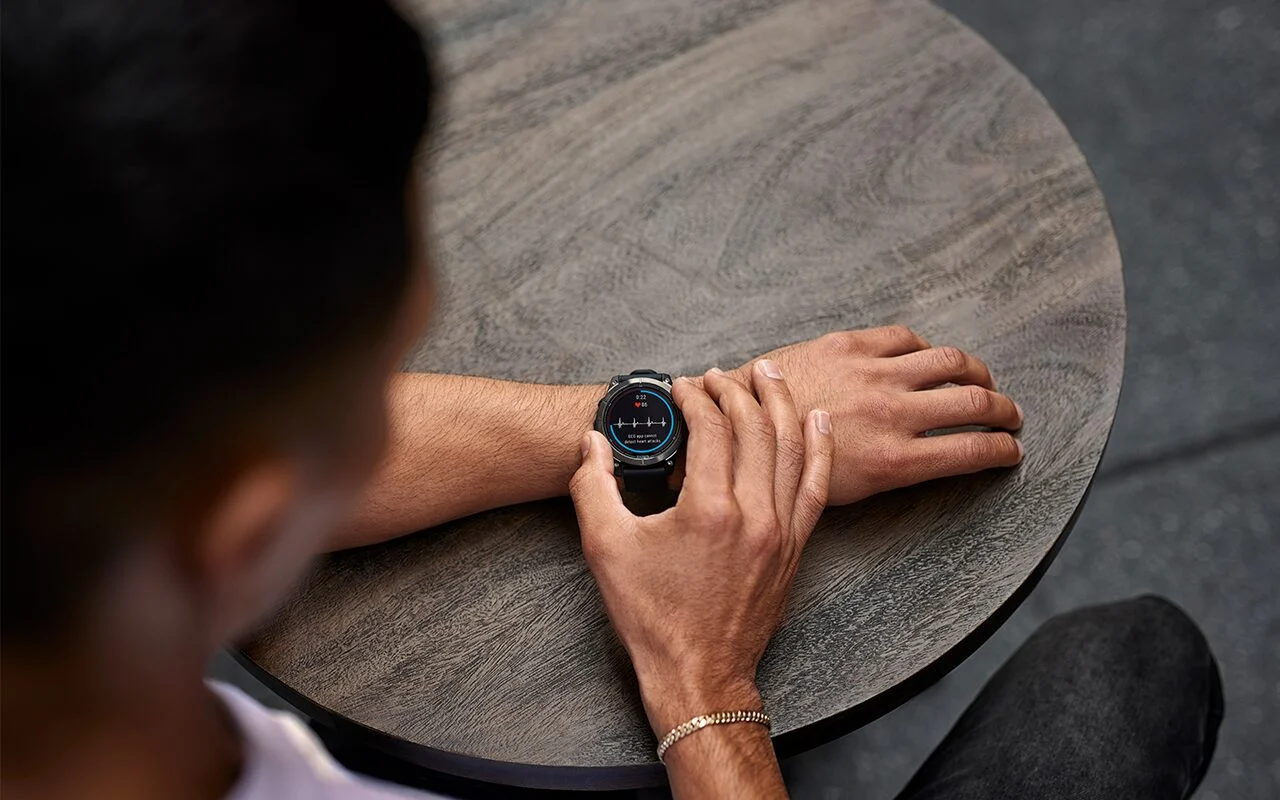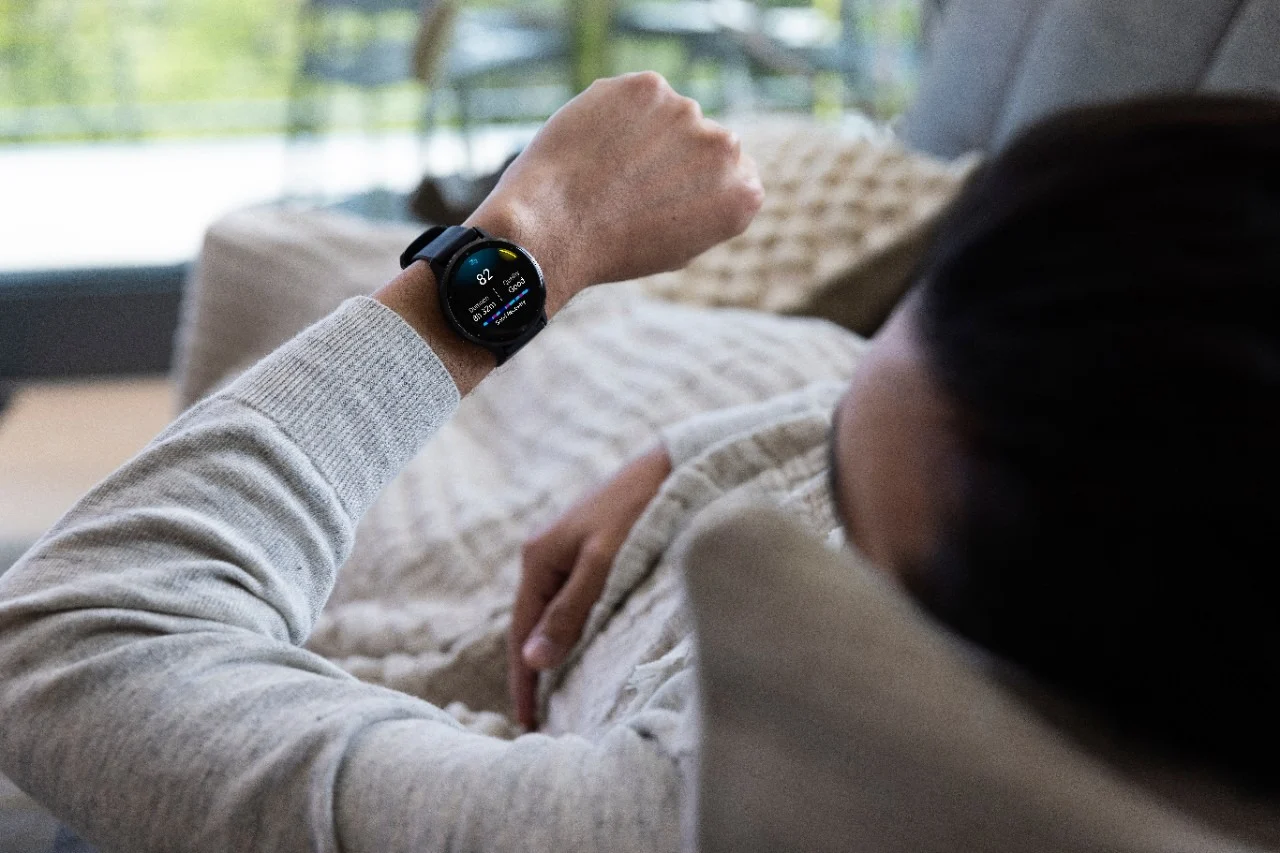
Can your Garmin detect coronavirus?
Garmin smartwatches were not designed or intended to monitor or diagnose diseases, but scientists from top universities and institutes around the world are actively researching whether wearable devices like ours can help identify early indications of coronavirus.
One premise is actually quite simple. (1) An elevated heart rate is an early sign of a common cold, the flu or coronavirus. (2) Garmin smartwatches have built-in heart rate monitoring at the wrist. Put the two together and society could have an extremely helpful tool for early indications of the virus on a mass scale.
To be sure, the ways in which wearable technology can help solve the current and future crises extend far beyond heart-rate monitoring. That’s why Garmin has teamed up with scientists around the world to seek the answers about the potential for Garmin smartwatches to be a useful tool in society’s need to better identify, track and monitor coronavirus.
In this article, we’ll cover a few of the major studies in the U.S. in which Garmin is participating and also provide details on how Garmin smartwatch users can join the cause and be a part of the solution. Here we go:
Can wearable data predict illness?
Duke University recently launched a study called Covidentify, aimed at slowing the spread of COVID-19. Using data obtained from mobile and wearable devices like Garmin smartwatches, Duke hopes to learn how to track the spread of COVID-19, understand when someone may be susceptible to contracting it, and who might be at higher risk of worse outcomes if they get infected. Garmin smartwatch users are encouraged to link their watches to the study to help researchers learn how their heart rate and movement are affected by COVID-19. People healthy and staying at home are also encouraged to join. For more information, visit www.covidentify.org.
Is your smartwatch already a detection device?
When your heart beats faster than usual, it can mean that you’re coming down with a cold, flu, coronavirus, or other viral infection. The Scripps Research DETECT study seeks to determine if tracking of changes in heart rate, activity and sleep, at the individual level, can provide an early indication of a viral illness like COVID-19. Garmin users can enroll in the study via the MyDataHelps app which allows them to provide informed consent, sync their device, and enter self-reported data. By collecting data from thousands of individuals, scientists hope to identify possible influenza-like illness in those individuals and complement traditional outbreak response measures. For more information, visit www.detectstudy.org.
Can aggregated wearable data help families and doctors?
PhysioQ has just opened up the waitlist for NEO, a free, at-home COVID-19 monitoring platform built for families to keep track of their loved ones. Using top wearables trusted by researchers, including Garmin smartwatches and activity trackers, families can gain peace of mind by monitoring from oxygen saturation levels, beat-to-beat heart rate, and more from afar.
In an effort to accelerate COVID-19 research, the anonymized data donated by families will be aggregated to create one of the world’s largest open COVID-19 databases. Many medical researchers and scientists have already signed the pledge to work on this initiative, including Dr. Andrew Ahn, an internist and researcher treating patients on the front lines, and Dr. Chung-Kang Peng, Director of the Center for Dynamical Biomarkers and Associate Professor of Medicine at Harvard Medical School.
“Being able to monitor SpO2 and beat-to-beat intervals as well as activity and sleep through Garmin’s consumer-friendly devices is a real gamechanger,” said Dr. Chung-Kang Peng. “We believe the insights gained from this data can change our clinical approach and significantly expedite our disease discovery process,” added Dr. Ahn. For more information on the PhysioQ NEO project, visit www.physioq.org.
We’re in this together.
In these ever-changing times, one thing’s for certain: our society won’t stop seeking answers about this health crisis and what can be done to avoid another one in the future. Garmin is proud to work alongside these entities and more around the world in their quest for answers that will get scientists one step closer to early detection and hopefully one day, a cure.
Reference: https://www.garmin.com/en-US/blog/general/can-your-garmin-detect-coronavirus/




